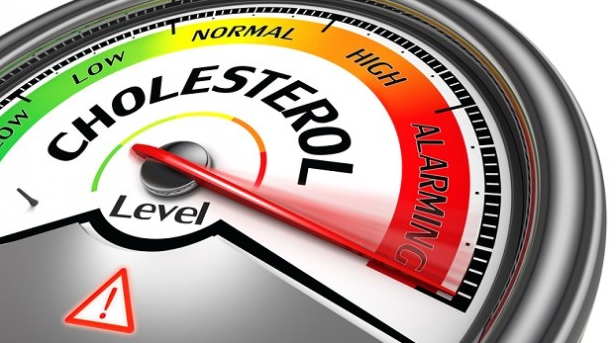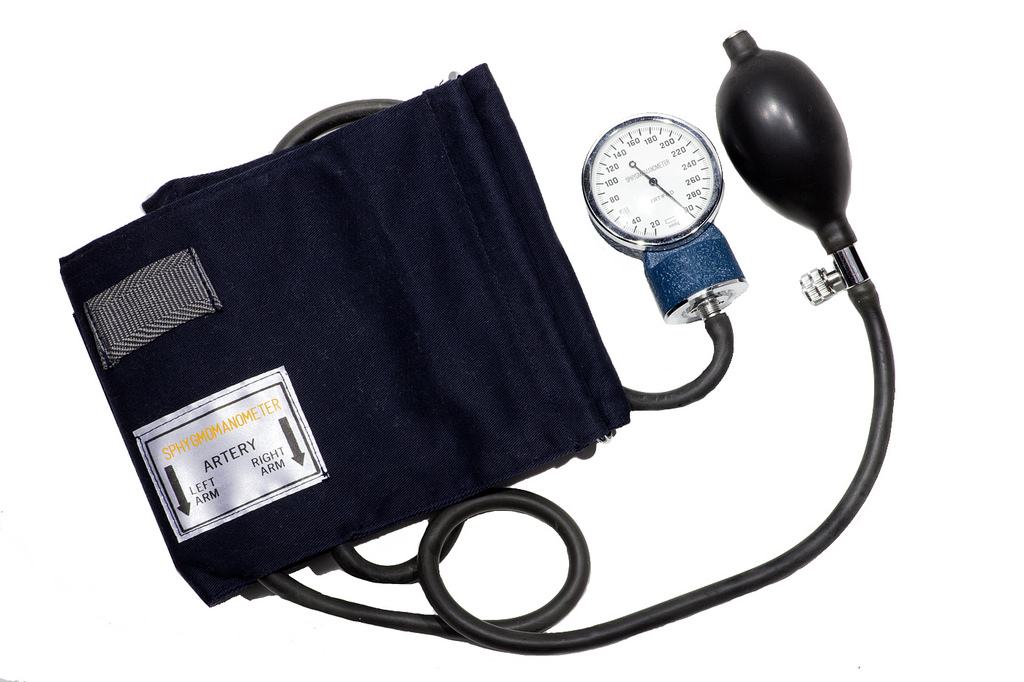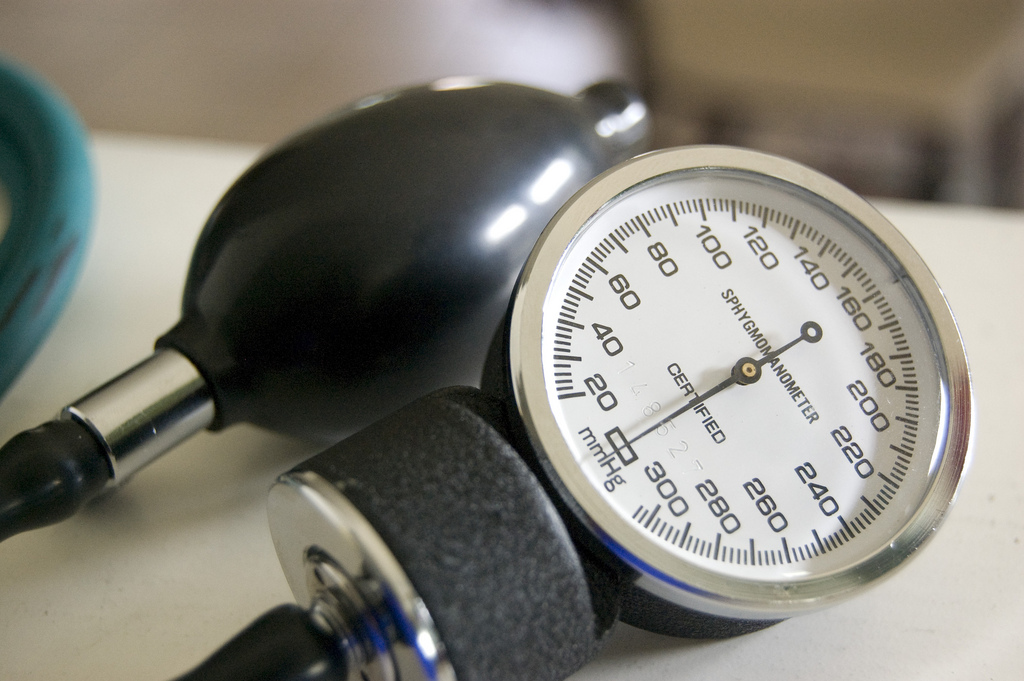
by Dr. Michael Murray | Mar 1, 2021 | Heart Disease, Most Recent, Natural Facts
High Cholesterol What is cholesterol? Cholesterol is a fatty substance in the body that serves several vital roles. It is a building block for various hormones and bile acids; and it plays a major role in stabilizing cell membranes. While proper cholesterol levels are...

by Dr. Michael Murray | Oct 19, 2016 | Heart Disease
Introduction Every major advance in nutritional medicine generally starts out as an unknown entity. That is certainly true for PQQ (short for pyrroloquinoline quinone). Although PQQ is a relatively new dietary supplement on the market, its potential is absolutely...

by Dr. Michael Murray | Dec 8, 2015 | Heart Disease
Introduction: A simple dietary supplement has once again been shown to produce valuable health benefits. Specifically, a new study published in the British Journal of Nutrition has validated the effects of a previous study showing grape seed extract can effectively...

by Dr. Michael Murray | Sep 29, 2015 | Heart Disease
Introduction: An initial report from the Systolic Blood Pressure Intervention Trial (SPRINT) from the National Institutes of Health (NIH) could be used to justify more aggressive drug therapy for high risk individuals with high blood pressure. Since high blood...

by Dr. Michael Murray | Aug 18, 2015 | Heart Disease
Introduction: One of the most healthful additions to a heart healthy diet is ground flaxseeds. This wondrous little seed has played an important part of human history for over 5,000 years. Native to the Mediterranean, flax has been used not only as a food, but also...

by Dr. Michael Murray | Jul 28, 2015 | Heart Disease
Introduction One of the most important nutrients for heart and vascular health is coenzyme Q10 (CoQ10). Its role in the heart is similar to the role of a spark plug in a car engine. Just as the car cannot function without that initial spark, the heart cannot function...









